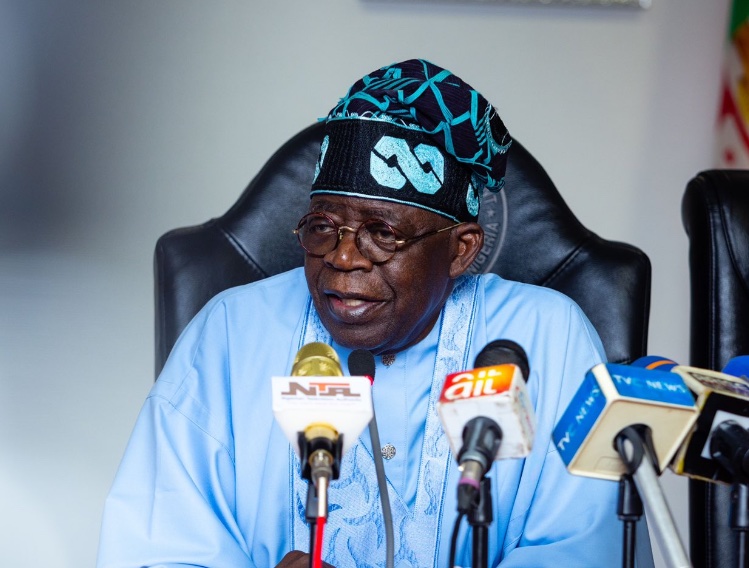President Bola Tinubu is expected to meet with the leadership of Nigeria’s power-generating companies (GenCos) in a high-level intervention aimed at addressing the N4tn debt threatening the country’s already fragile electricity supply chain.
This follows a closed-door meeting on Tuesday between the Minister of Power, Adebayo Adelabu, and the chairmen of the GenCos in Abuja. The meeting was prompted by growing fears of a national grid collapse due to worsening liquidity issues in the power sector. In a statement released on Sunday by the Minister’s Special Adviser on Strategic Communications and Media Relations, Bolaji Tunji, the government announced plans to urgently begin settling the debts.
The power firms had earlier raised alarm over the federal government’s debt to the sector, which they say now stands at over N4tn — with N2tn owed for power supplied in 2024 alone, and an additional N1.9tn in legacy debts accumulated over the years.
Adelabu stated that the government would pay a significant portion of the debt in cash and clear the balance within six months using financial instruments such as promissory notes. “There is a need to pay a substantial amount of the debt in cash. At the minimum, let us pay a substantial amount, then ask for debt instruments in promissory notes to pay the rest,” he said.
According to the minister, President Tinubu is expected to present this proposal directly to the GenCos’ leadership in an upcoming meeting, although no fixed date has been announced yet. Adelabu stressed that the situation constitutes a “national emergency” and reaffirmed the government’s resolve to stabilise the sector and avoid total collapse.
Leading the GenCos delegation at the Abuja meeting was Colonel Sani Bello (rtd), Chairman of Mainstream Energy Solutions and head of the Association of Power Generating Companies (APGC). He warned that the current liquidity crisis had crippled GenCos’ operations and severely hampered their ability to maintain infrastructure or access further financing. “Without urgent intervention, the entire power ecosystem could collapse,” Bello said.
Supporting this view, Kola Adesina, Chairman of Egbin Power and First Independent Power Limited, described the situation as a threat to national survival. “Everything hinges on power—industries, homes, hospitals. We cannot afford to let the sector fail,” he said.
Adelabu also acknowledged the role of longstanding policy inconsistencies and systemic inefficiencies in creating the sector’s current problems. He reiterated the government’s commitment to broader reforms beyond just debt repayment, including full liberalisation of the power market. He stressed that electricity subsidies were no longer sustainable, calling instead for a cost-reflective tariff regime where citizens pay for actual consumption.
“The Federal Government will continue to provide targeted subsidies for economically disadvantaged Nigerians,” he clarified.
Meanwhile, Dr. Joy Ogaji, CEO of the APGC, outlined some of the major challenges confronting the GenCos, including erratic gas supply, payment defaults, and foreign exchange volatility. She noted that the steep fall in the naira, from N157/$1 in 2013 to about N1,600/$1 in 2024, had drastically increased the cost of maintenance and loan servicing for operators. “Gencos have borne unsustainable risks—from grid failures to unproductive taxes—while remaining patriotic,” she said.
Adelabu disclosed that regulatory reforms are being planned to reduce unnecessary levies and stabilise the electricity market. He urged GenCos to support the government’s awareness campaigns on efficient electricity use and help Nigerians understand the realities behind power tariffs.
